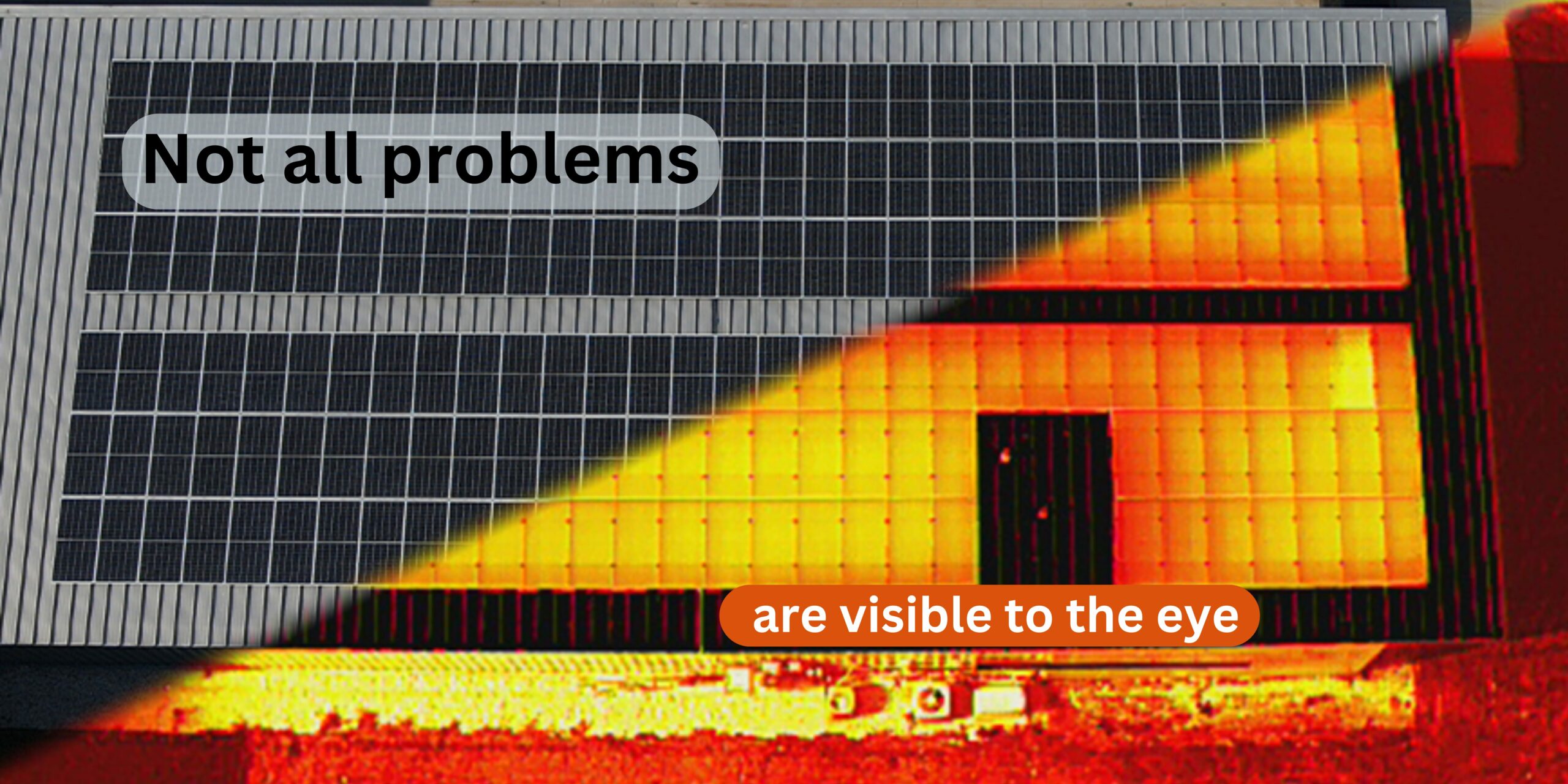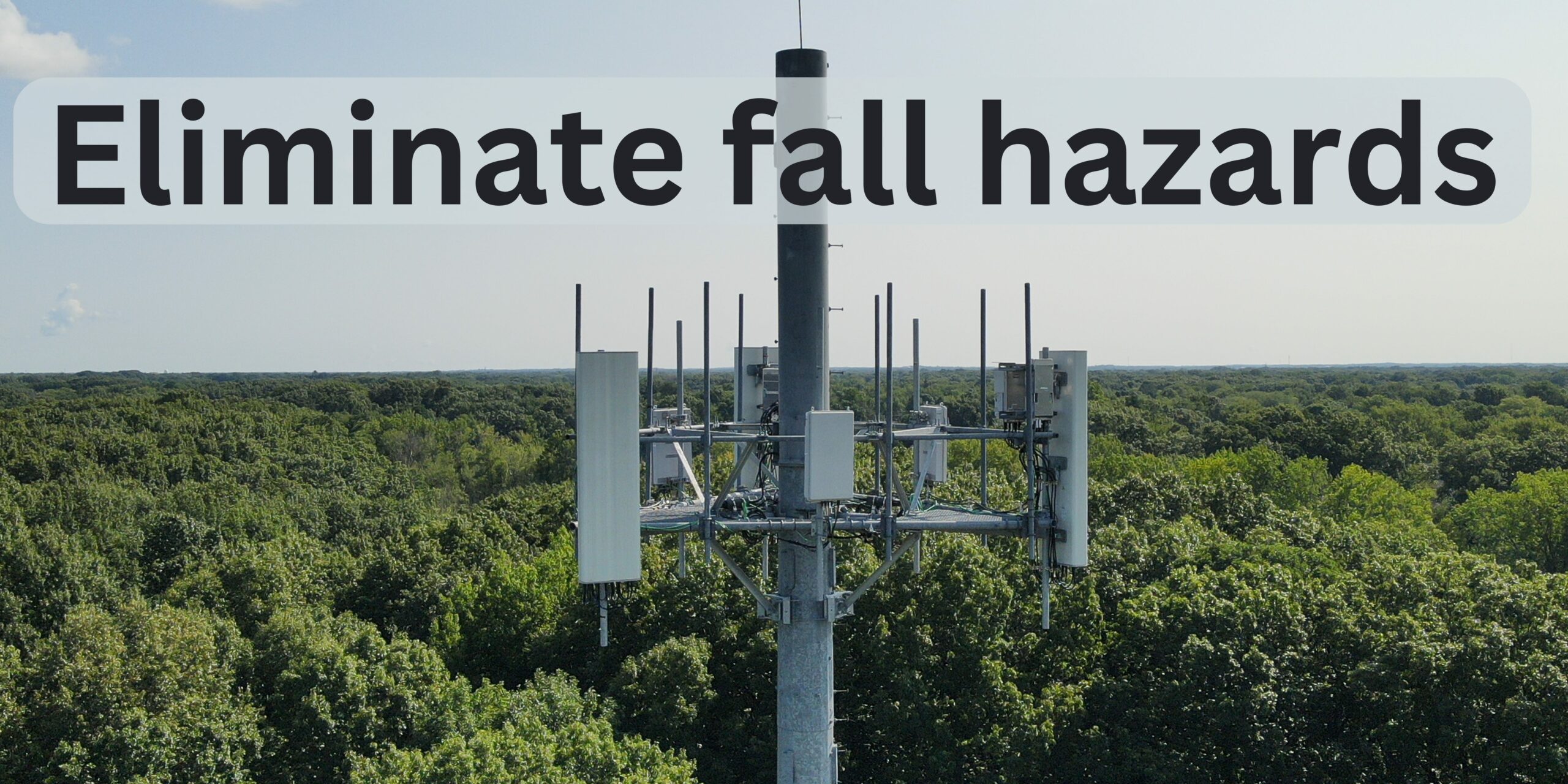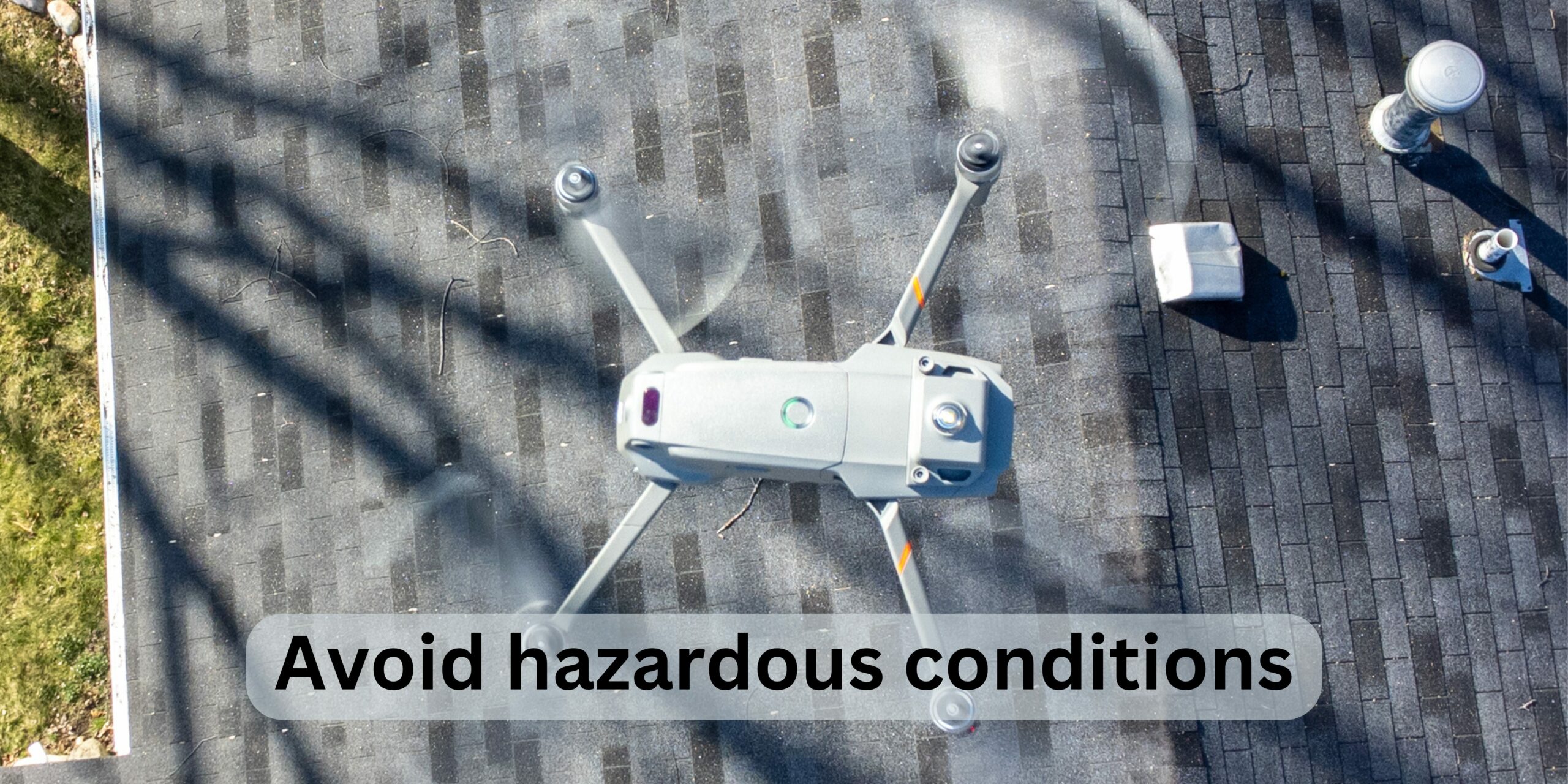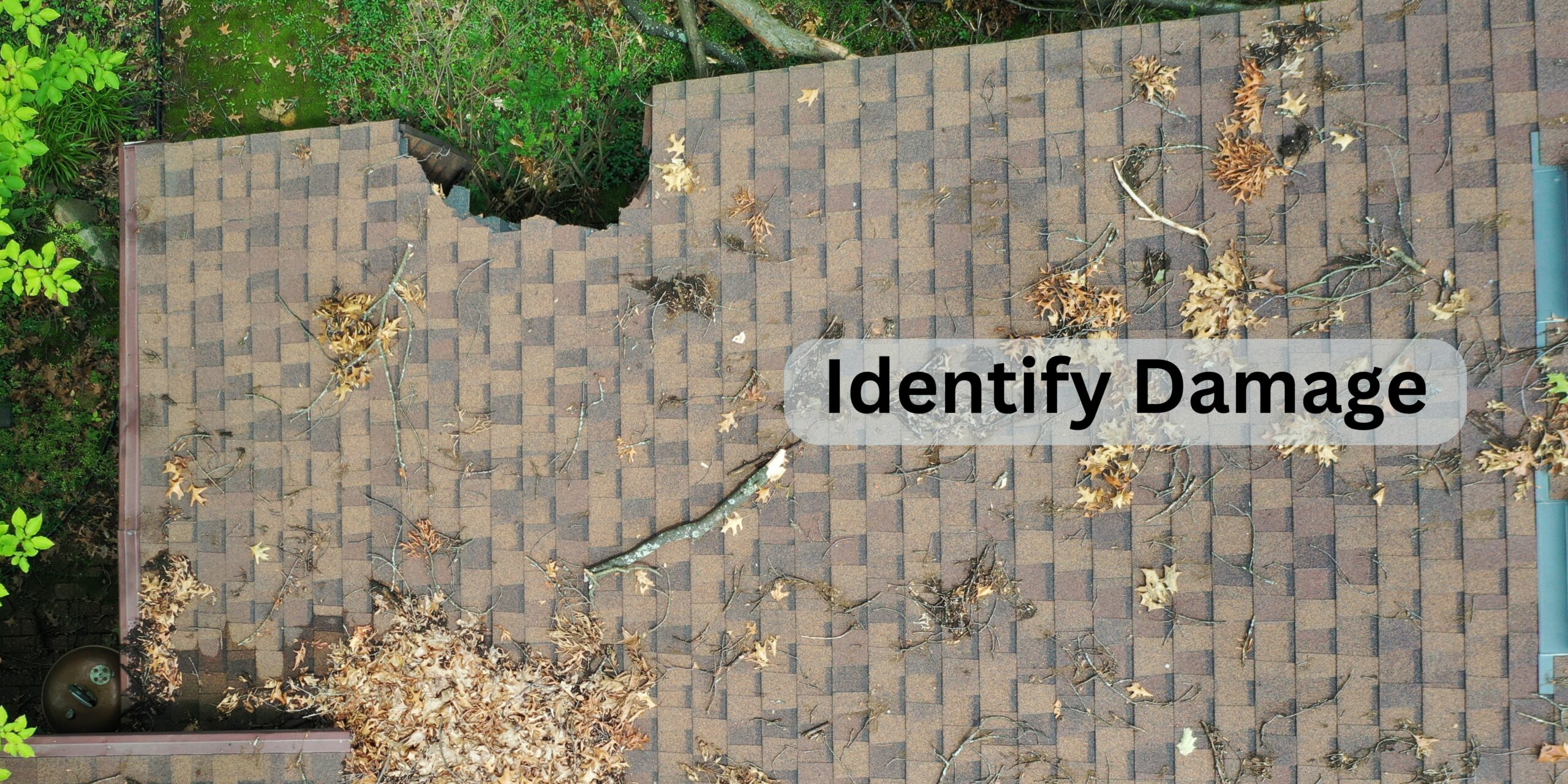Solar Farms
Drones are revolutionizing solar farm inspections by providing efficient and comprehensive aerial assessments. Equipped with advanced cameras and thermal imaging technology, drones can quickly survey large solar arrays, detecting issues such as panel malfunctions, debris accumulation, or shading obstructions. This aerial perspective allows for precise identification of problem areas without the need for time-consuming manual inspections. By capturing high-resolution imagery and data, drones enable solar farm operators to assess the condition of their assets, optimize energy production, and schedule maintenance tasks more effectively. Moreover, drones enhance safety by reducing the need for personnel to work at height or in hazardous environments. Overall, drones streamline the inspection process for solar farms, ensuring peak performance and maximizing the return on investment for renewable energy projects.
Telecommunications
Drones revolutionize cell tower inspections by offering a safer, faster, and more cost-effective alternative to traditional methods. Equipped with high-resolution cameras and sensors, drones can effortlessly navigate around cell towers, capturing detailed imagery of critical components such as antennas, cables, and structural integrity. This aerial perspective enables inspectors to detect defects, damage, or signs of wear without the need for risky climbs or expensive equipment like cranes. Additionally, drones facilitate regular and proactive inspections, allowing for timely maintenance and reducing downtime for cell towers. With streamlined data collection and analysis, drones empower telecommunications companies to ensure optimal performance and reliability of their infrastructure, ultimately enhancing network connectivity and customer satisfaction.
Insurance – Claims and Underwriting
Drones are transforming insurance inspections by offering efficient, accurate, and safe aerial assessments. With their ability to access rooftops, damaged structures, and remote locations, drones enable insurers to survey properties swiftly, capturing high-resolution imagery and video. This data aids in assessing property conditions, damage extent, and risk evaluation without risking personnel safety. Additionally, drones streamline claims processing by accelerating data collection, reducing costs, and enhancing customer satisfaction through quicker resolution times. Overall, drones revolutionize insurance inspections by providing comprehensive and timely information, improving decision-making processes and mitigating risks effectively.
Progress Reports
Drones have revolutionized the construction industry by providing a more efficient way to monitor and report progress on construction sites. These unmanned aerial vehicles can capture high-resolution images and videos from various angles, offering a comprehensive view of the entire site. By using drones, project managers can quickly assess the status of different tasks, identify potential issues, and track overall progress in real-time. This technology not only enhances safety by reducing the need for manual inspections but also improves communication among stakeholders by providing accurate and up-to-date information. Overall, drones play a crucial role in streamlining construction processes and ensuring projects are completed on time and within budget.
Disaster Response
In the aftermath of disasters, drones play a pivotal role in conducting swift and thorough inspections, aiding in disaster recovery efforts. Equipped with advanced sensors and cameras, drones can access disaster-stricken areas that are often inaccessible or unsafe for ground teams, providing real-time aerial imagery and data. This allows emergency responders and relief organizations to assess the extent of damage, identify hazards, and prioritize areas for intervention. Drones streamline the inspection process, enabling rapid evaluation of infrastructure, buildings, and natural landscapes, which is crucial for planning effective relief efforts and allocating resources efficiently. By providing detailed insights from above, drones contribute to faster recovery, helping communities rebuild and recover from the devastation of disasters.





